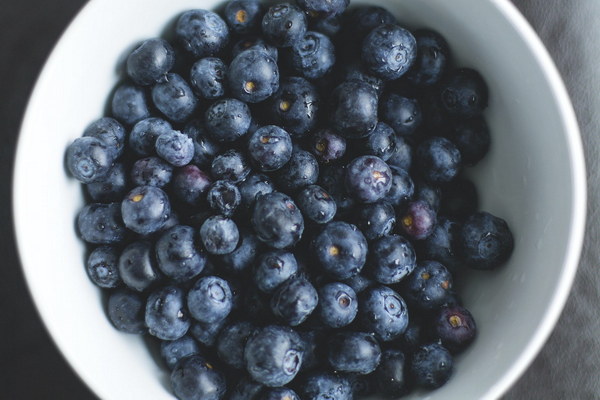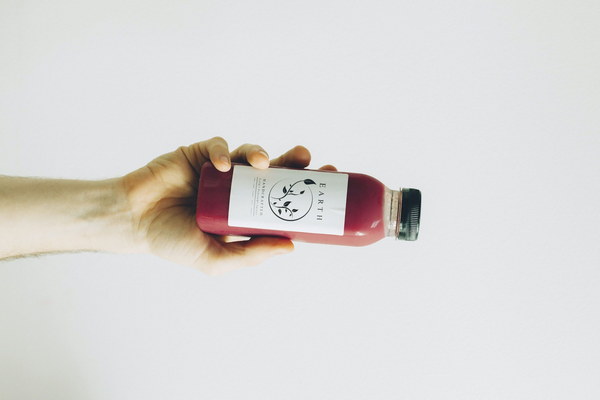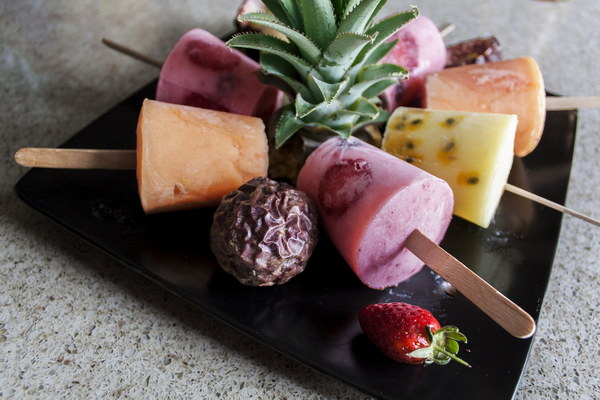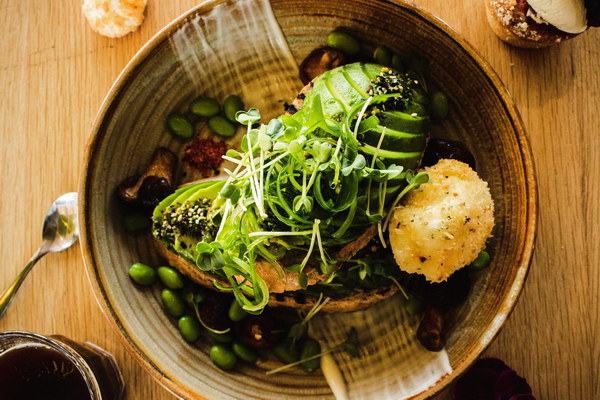Natural Remedies for Cough and Phlegm A Culinary Approach to Respiratory Health
Introduction:
Cough and phlegm can be quite annoying and can significantly disrupt our daily lives. While over-the-counter medications can provide temporary relief, they often come with unwanted side effects. In this article, we will explore the benefits of using culinary remedies to alleviate cough and phlegm, focusing on natural ingredients that can help soothe your respiratory system.
1. Honey and Lemon: A Time-Tested Remedy
Combining honey and lemon has been a popular home remedy for cough and phlegm for centuries. Honey has natural antibacterial and anti-inflammatory properties that can help reduce irritation in the throat. Lemon, on the other hand, is rich in vitamin C, which can boost your immune system. To prepare this remedy, simply mix one tablespoon of honey with a teaspoon of lemon juice and consume it before bedtime.
2. Ginger Tea: A Warm and Soothing Drink
Ginger is known for its ability to reduce inflammation and its natural expectorant properties. To make a ginger tea, peel and slice a few inches of fresh ginger, then boil it in water for 10-15 minutes. Strain the tea and add honey or lemon to taste. Sipping on a warm ginger tea can help ease cough and phlegm, making it a perfect drink for cold and flu seasons.
3. Garlic Soup: A Traditional Immune-Boosting Dish

Garlic has been used for centuries to fight infections and strengthen the immune system. To make a garlic soup, finely chop 4-5 garlic cloves, then sauté them in olive oil with onions and carrots until soft. Add vegetable broth, salt, and pepper to taste. Bring the soup to a boil, then simmer for 20 minutes. Serve hot and enjoy the potent immune-boosting properties of garlic soup.
4. Turmeric Milk: A Spicy and Soothing Drink
Turmeric, a spice commonly used in Indian cuisine, contains curcumin, a compound that has powerful anti-inflammatory properties. To prepare turmeric milk, combine 1 teaspoon of turmeric powder with a pinch of pepper and 1 cup of milk. Heat the milk over low heat, stirring constantly, until the turmeric dissolves. Add honey or a sweetener of your choice and enjoy a warm, soothing drink that can help reduce cough and phlegm.
5. Cinnamon and Honey: A Spicy Sweetness
Cinnamon is another spice with anti-inflammatory properties that can help alleviate cough and phlegm. Simply mix ground cinnamon with honey and consume the mixture as needed. The spicy sweetness can help soothe your throat and provide relief from respiratory discomfort.
Conclusion:
Using culinary remedies to treat cough and phlegm is a safe and natural way to improve your respiratory health. By incorporating ingredients like honey, lemon, ginger, garlic, turmeric, and cinnamon into your diet, you can enjoy not only delicious flavors but also the added benefit of improved respiratory function. Always consult with a healthcare professional before starting any new treatment or diet, especially if you have pre-existing health conditions or are pregnant.









